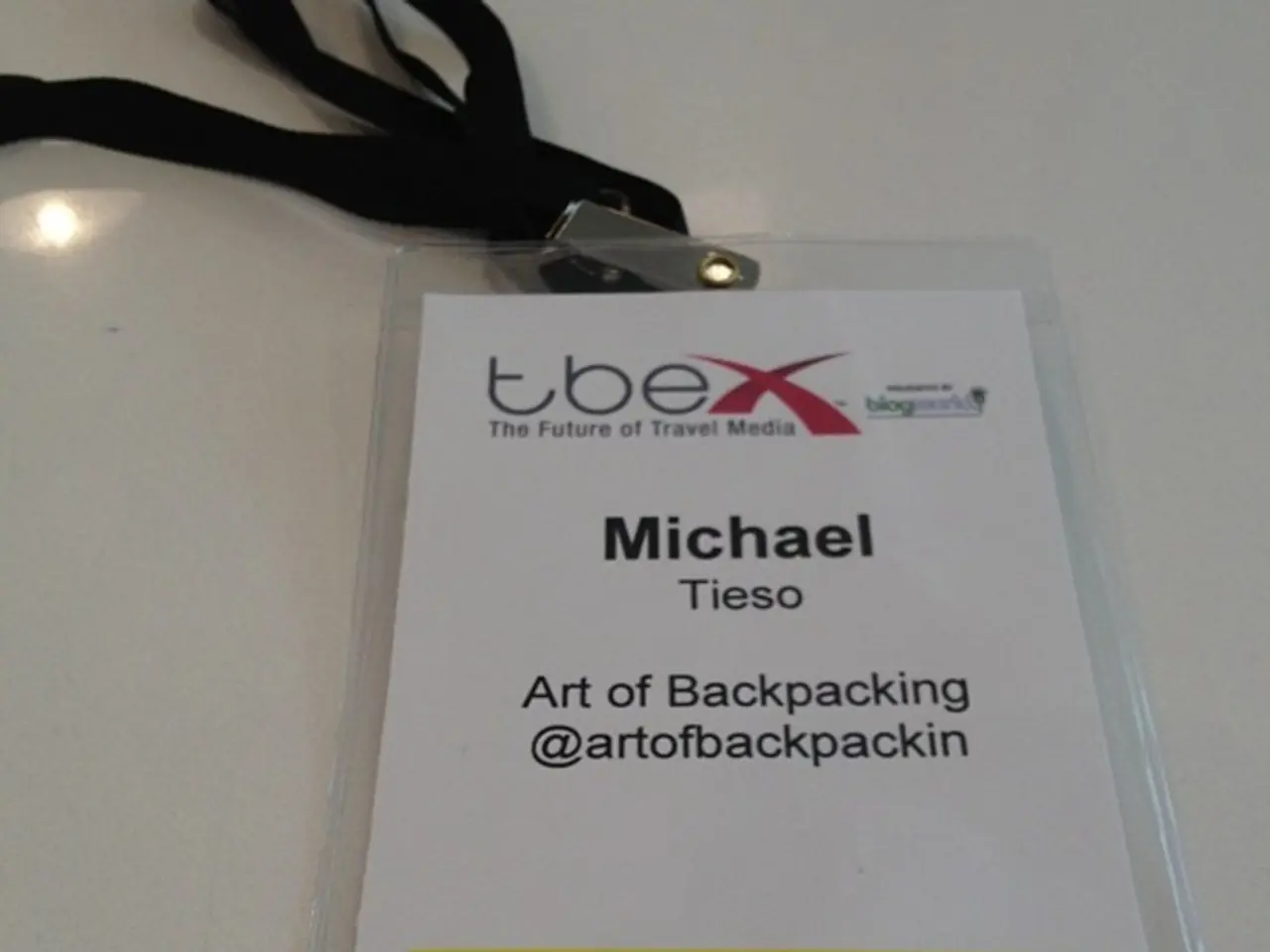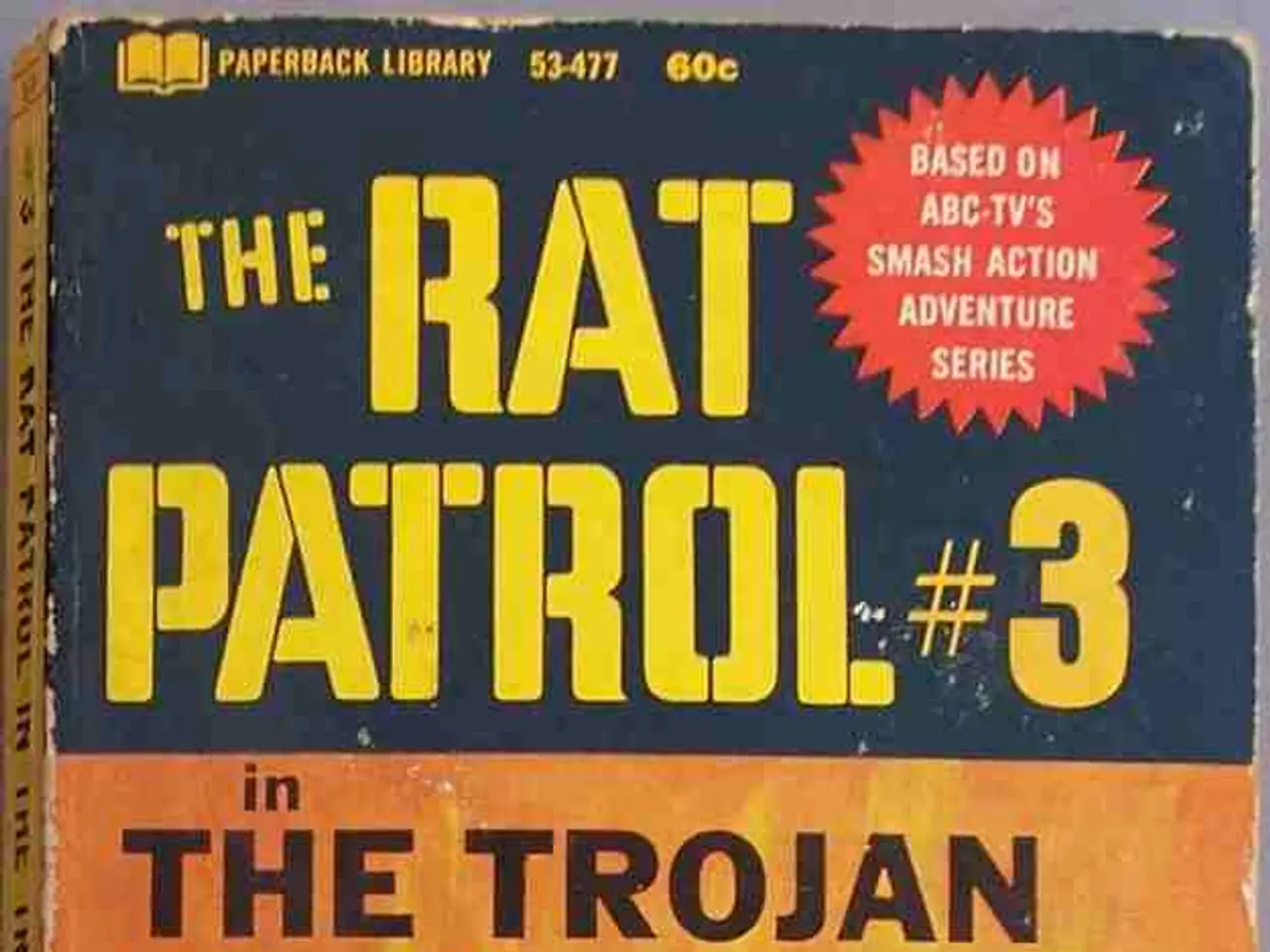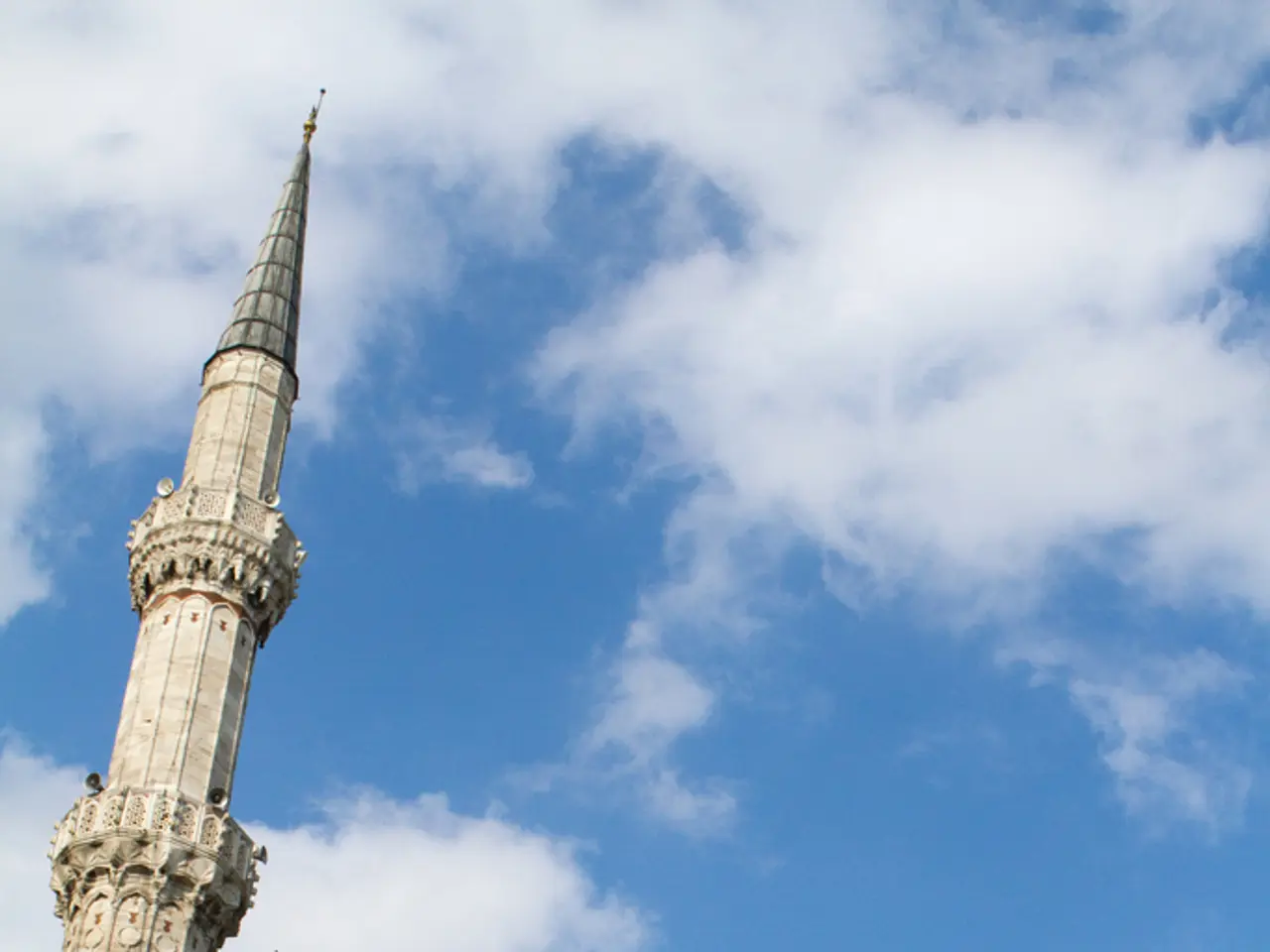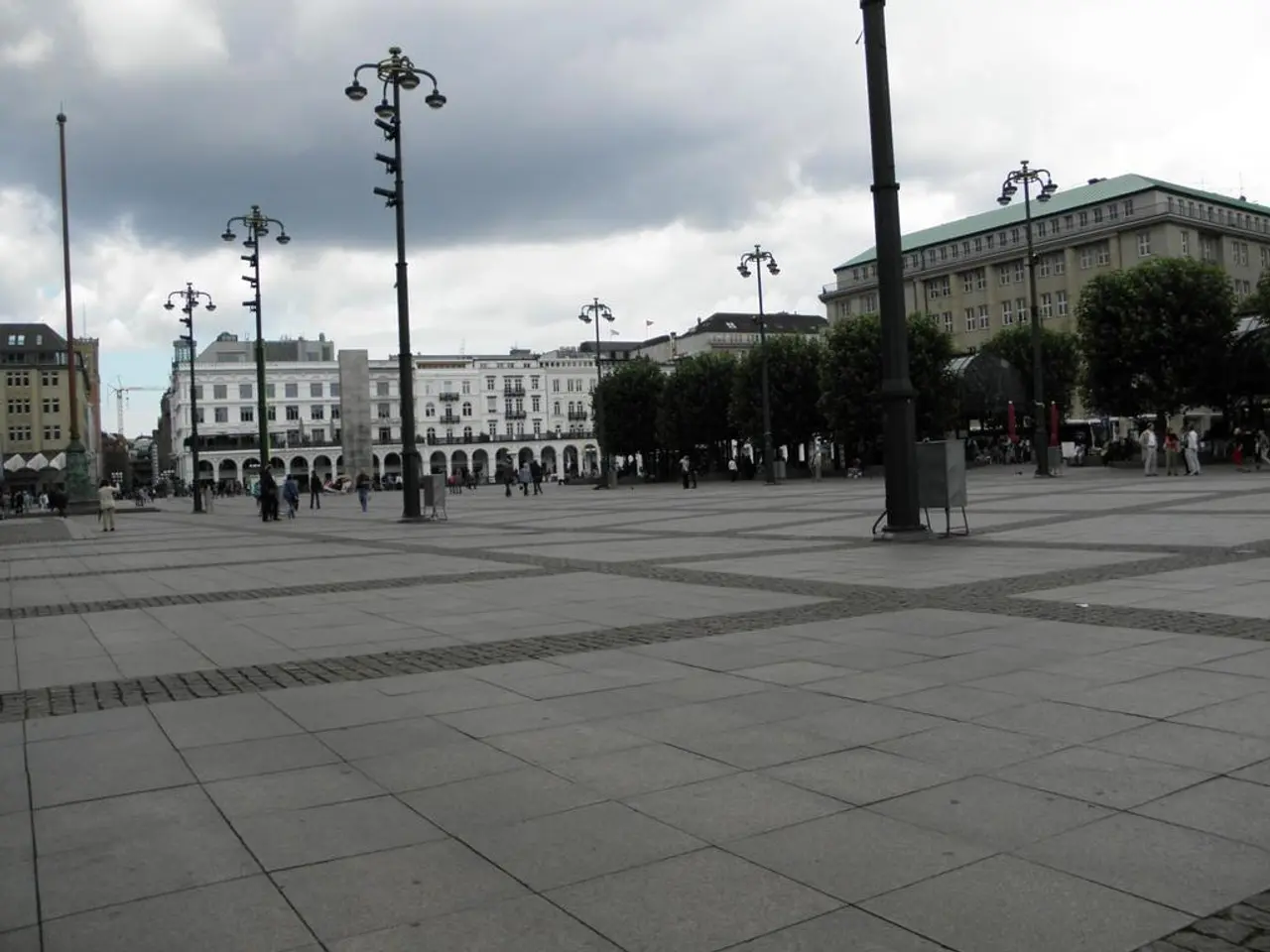Pro-Palestinian advocate Machmud Chalil has been released from imprisonment.
After enduring nearly three months in detention, pro-Palestine activist Mahmud Khalil, an Algerian student, has been released by a US judge. The Trump administration attempted to use a rarely enforced McCarthy-era law to deport him, a move that sparked controversy and raised questions about freedom of speech and political expression.
Khalil, a prominent figure in anti-Gaza war protests at Columbia University, New York, was accused by the US government of distributing flyers with the logo of the Islamic militant group Hamas on campus. His lawyers vehemently deny these allegations. US Immigration and Customs Enforcement (ICE) agents arrested Khalil in his home despite holding a green card and being married to a US citizen. He was subsequently transferred to an immigration detention center in Louisiana.
The judge in the case described the government's attempt to keep Khalil detained as "highly, highly unusual," stating that the remaining charges against him did not warrant incarceration. Khalil is now allowed to return to New York pending his deportation hearing, having posted bail. He left the detention center in Jena, Louisiana, wearing a Palestinian keffiyeh, as depicted in TV footage.
"After more than three months, we can finally breathe a sigh of relief knowing that Mahmoud is on his way home," said his wife, Noor Abdalla, a US citizen. However, she noted that the ruling does not compensate for the hardships faced by their family due to the Trump administration's actions. Abdalla gave birth to their son in New York without Khalil in April, as ICE denied his temporary release for the delivery.
A Legislative Legacy: McCarthy-era Law
The case has drawn considerable attention in the US, marking the first known public arrest of a pro-Palestinian activist during Trump's presidency, with more such cases following since. US Senator Marco Rubio highlights a law passed during the McCarthy era in the 1950s, allowing the deportation of foreigners deemed opponents of US policy. Rubio argues that constitutional protection of free speech does not apply to foreigners. However, courts have ruled this practice likely unconstitutional.
The Justice Department is expected to appeal the decision, and it remains uncertain if they will present new grounds for detention.
- USA
- Politics
- Law & Order
- Immigration
- Civil Liberties
Enrichment Data:
Legal Implications
- Use of McCarthy-era Law: The Trump administration's legal strategy invokes this seldom-used foreign policy-based deportation provision, raising significant constitutional and civil rights concerns, specifically regarding freedom of speech and political expression.
- Constitutionality and Retaliation: Federal judges have questioned the legitimacy of the administrative rationale, suggesting Khalil's detention could be unconstitutional punishment for political speech. Judge Michael Farbiarz labeled the government's actions as "highly, highly unusual," highlighting concerns over due process and possible retaliation against Khalil's pro-Palestinian activism.
- Judicial Pushback: Courts have issued rulings against the administration's approach. A New Jersey federal judge imposed a preliminary injunction preventing the government from deporting or continuing to detain Khalil and eventually ordered his release. The judge deemed Khalil neither a flight risk nor a threat to the community, and criticized the government's shifting justifications as likely a cover for political retribution.
Cases Following Since
- Khalil's release on June 20, 2025, represents a significant judicial rebuke of the Trump administration's use of this law for political purposes. His case is one of the first high-profile tests of the McCarthy-era immigration provision being used against political activists advocating for Palestinian rights.
- Legal observers view Khalil's successful challenge as setting a precedent that could constrain or deter future attempts to use immigration law provisions to target activists on foreign policy grounds, particularly when such actions seem to infringe on constitutional protections for free speech.
- There haven't been publically reported subsequent cases exactly replicating Khalil's situation, but his case has energized legal defenses against immigration detentions rooted in controversial uses of foreign policy considerations. It is likely to influence litigation strategies and government policies surrounding politically motivated immigration enforcement.
- The Trump administration's utilization of a McCarthy-era law in the case of Mahmud Khalil, a pro-Palestine activist, has sparked debates about the constitutionality and civil rights implications of using foreign policy-based deportation provisions, particularly in regards to freedom of speech and political expression.
- The judge's ruling in the Khalil case, deeming his detention as potentially unconstitutional punishment for political speech, could set a precedent for future challenges to immigration detentions that appear to infringe on constitutional protections for free speech, especially when such actions seem politically motivated.







